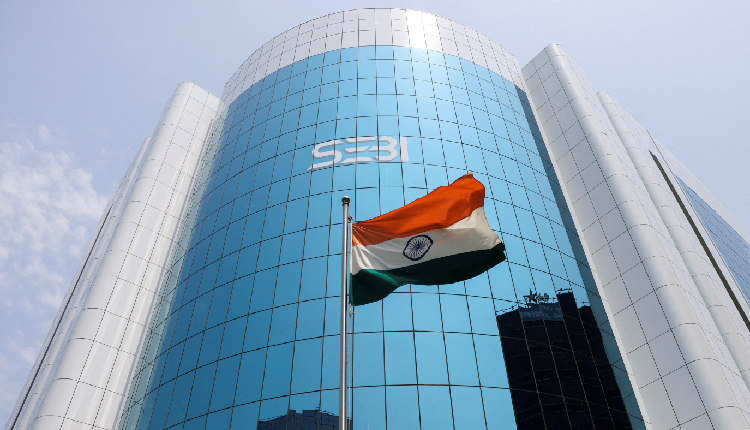India’s securities regulator, SEBI is cracking down on potential misuse of a platform designed to help small businesses access capital markets, Reuters reported on Tuesday, citing two sources familiar with the discussions.
The move comes in response to concerns about inflated valuations, insufficient disclosures, and misappropriation of funds raised through public offers.
SEBI is considering a minimum public offer size of 300 million rupees to 500 million rupees ($3.59 million to $5.99 million) for SMEs listing. Currently, there’s no minimum, but companies need a post-issue capital base of 250 million rupees.
Merchant bankers will be required to make stricter upfront disclosures regarding the purpose of the issue, company financials, and potential risks associated with the investment.
SEBI is actively collecting evidence of price manipulation in the SME segment and has already barred three companies from capital markets for misusing funds raised through public offers.
The minimum issuance size aims to ensure only serious and well-capitalised companies seek listing, safeguarding investor interests.
The enhanced disclosures will help investors make informed decisions, reducing the risk of being swayed by potentially misleading information.
Crackdowns on price manipulation and misuse of funds are crucial to maintaining a fair and efficient market.
Buoyed by a surging stock market, 205 SMEs raised 60 billion rupees through public offers in the financial year ending March 2024. This is a significant rise from 125 firms raising 22 billion rupees the prior year.
However, some of these offerings saw oversubscription by 500-1000 times, raising concerns about potential manipulation and speculative activity.
Overall, these changes aim to create a more robust and transparent SME listing ecosystem, protecting investors and fostering healthy growth in the Indian capital markets.


